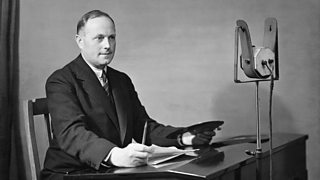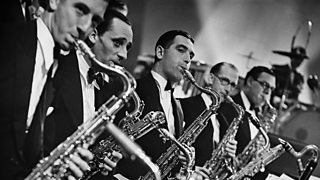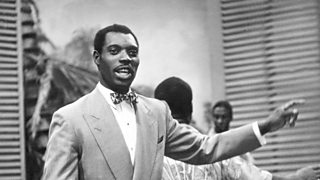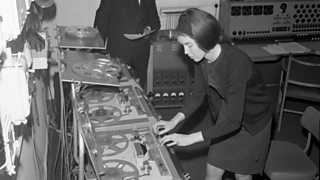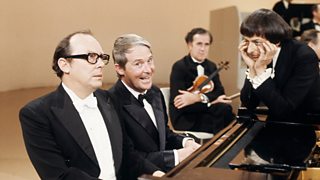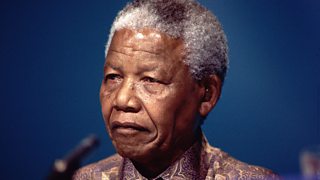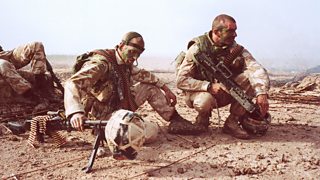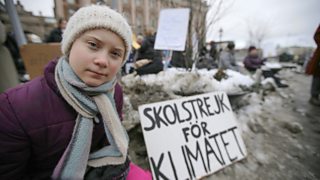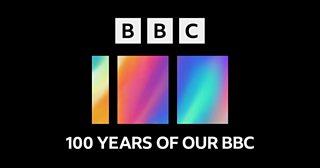The 1980s
The 1980s sees the dawn of the computer age – welcome relief as the UK recovers from the turmoil of the Falklands conflict and miners’ strike.
We hear the bold new musical voices of Maxwell Davies and Turnage, Adams and Monk, and remember a historic concert, with Leonard Bernstein conducting Beethoven after the fall of the Berlin Wall.
Listen on Radio 3 and 大象传媒 Sounds
-
![]()
Radio 3's Soundscape of a Century
Press rewind on a century of the 大象传媒 with an epic, eight-hour soundscape. Listen on 大象传媒 Sounds now (UK only).
The music
Works that define the spirit of the 1980s
- John Adams: Short Ride In A Fast Machine (1986)
- Antonio Vivaldi: The Four Seasons (1725; recorded by Nigel Kennedy in 1989)
- Joan Tower: Sequoia (1981)
- George Lloyd: Symphony No 12 (1989)
- Philip Glass: Violin Concerto (1987)
- Band Aid: Do They Know It’s Christmas (1984)
- New Order: Blue Monday (1983)
- Mark-Anthony Turnage: Greek (1988)
- George Walker: Folksongs for Orchestra (1989)
- Oliver Knussen: Higglety Pigglety Pop (1985)
- Peter Maxwell Davies: Farewell to Stromness (1980)
- Steve Reich: New York Counterpoint (1985)
- Ludwig van Beethoven: Symphony No 9 (1824)
- John Tavener: The Protecting Veil (1988)
Events to listen out for
1982
April: The Falklands War begins
Argentinian forces occupy the Falkland Islands, whose sovereignty had been contested for almost 150 years. A British naval task force is sent to retake the islands; the ensuing conflict lasts 74 days and claims over 900 lives. A ceasefire is announced on 14 June.
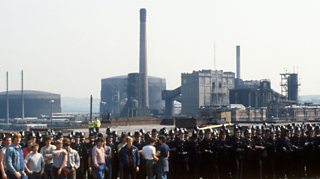
1984
March: The miners’ strike
Arthur Scargill, head of the National Union of Miners, announces the beginning of a nationwide strike in protest at the National Coal Board's plans to close collieries. It becomes a bitter dispute that lasts almost a year. Working miners face fierce opposition from picketers, who in turn face fierce opposition from police. The strike is defeated in March 1985 and many mines are closed. Listen to File of Four from December 1984.
1985
July: Live Aid
Following the 1984 success of the Band Aid charity single Do They Know It’s Christmas, Bob Geldof and Midge Ure organise Live Aid: a multi-venue, international rock concert. It’s one of the biggest satellite link-ups and television broadcasts of all time. An estimated 400 million TV viewers in 60 countries tune into concerts at Wembley Stadium and in Philadelphia, and the events raise over £100m for famine relief in Ethiopia.
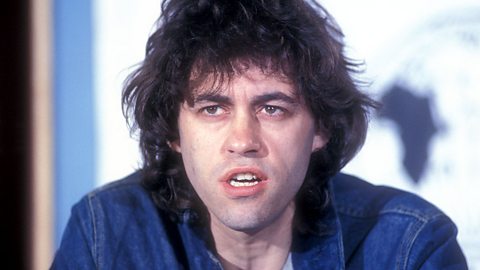
Live Aid - Against all Odds
Live Aid - Against all Odds Saturday 18th June 2005, 21.25 on 大象传媒 Two.
1986
December: The growth of email
The computer age is booming. The 大象传媒 is keen to contribute to computer literacy through programmes like Micro Live. In December, the show tracks the growth of email, explaining just what electronic mail is and how it can be used to communicate – and even to fall in love.
December: "Happy Christmas, Ange"
Eastenders has been on TV screens since February 1985 and has been hugely popular from the start. 30 million people tune in to watch Den serve Angie with divorce papers in the Queen Vic pub on Christmas Day – one of the largest television audiences ever.
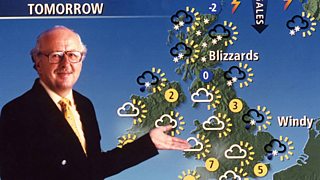
1987
October: The Great Storm
Late on 15 October, the UK is hit by the worst storm it has seen since the early 18th Century. Hurricane-strength winds lay waste to trees and property. Eighteen people are killed and hundreds of thousands of homes left without power. The cost of the damage is put at more than £1bn.
For many, the enduring memory of 1987’s Great Storm will be weather presenter Michael Fish, who said just a few hours before the storm hit: “Earlier on today, apparently, a woman rang the 大象传媒 and said she heard there was a hurricane on the way. Well, if you're watching, don't worry, there isn't!” He did warn viewers of high winds on the way, although the storm is fiercer than anyone had predicted.
1989
June: Tiananmen Square protests
Tiananmen Square in Beijing is a focal point for large-scale protests calling for greater freedom of speech and less censorship in China. In late May, martial law is declared and in June, army troops move towards the square, arresting and shooting protestors.
On 5 June, an act of defiance gives rise to one of the most iconic images of the 1980s: a lone protester blocking the path of a tank. It’s estimated that as many as 10,000 people die in the protests, which are ultimately crushed by China’s Communist rulers.

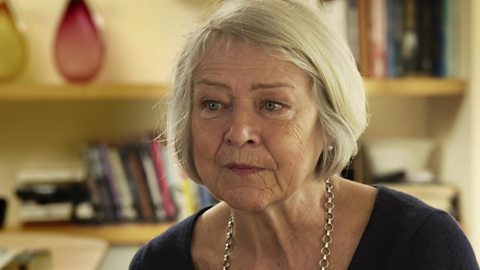
"I felt driven to tell people exactly what happened"
Kate describes the serious danger she was in, reporting on the events in Tiananmen Square.
September: Nigel Kennedy’s The Four Seasons
Youthful violinist Nigel Kennedy makes classical music history with a recording of Vivaldi’s The Four Seasons that sells over two million copies, making it one of the best-selling classical recordings of all time.
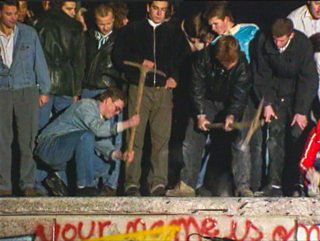
Kennedy cuts a striking figure on the classical scene with his spiky haircut and colourful, extrovert clothing. This recording makes him a household name; his performances sell out in hours.
November: Fall of the Berlin Wall
The is thawing. The Berlin Wall, which has divided the city for 28 years, loses its symbolic power at midnight on 9 November, when the checkpoints open and people begin to stream through on both sides. Families are reunited and Berlin parties as the reunification process begins.
On Christmas morning 1989, Leonard Bernstein conducts a performance of Beethoven’s 9th Symphony in East Berlin that involves musicians from both East and West Germany and from around the world. Thousands of people watch on big screens set up along Berlin’s Gendarmenmarkt, and over 100 million people around the world watch on television.
In the triumphant fourth movement, Bernstein asks the choir to replace the word “Freude” (joy) with “Freiheit” (freedom) - so that Friedrich Schiller's Ode to Joy becomes an Ode to Freedom.


